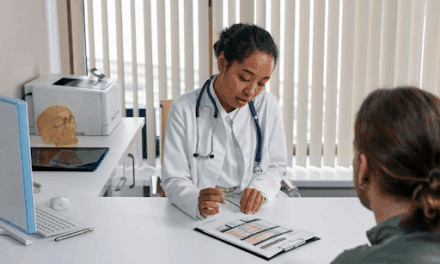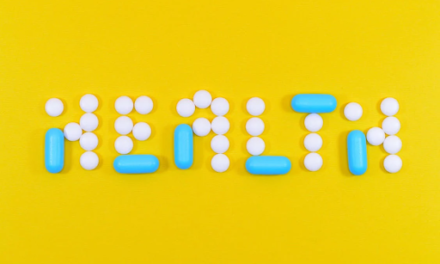As our population gets older and all the markers of healthy living improve in the majority of conceivable ways, we are left with the growing risk of being affected by cognitive decline at some point in our lives. As such, a lot of focus has started being aimed at the question of brain health, and what we can do to both protect and enhance it. Here, we’re going to look at some of the revolutionary approaches that could be worth looking into.
Neurofeedback Therapy
One of the most promising approaches to brain health is through personalized neurofeedback therapy and digital brain training. Advanced EEG and AI-driven systems allow individuals to monitor their brainwave activity in real time and retrain dysfunctional patterns. These tools are being used to reduce anxiety, enhance memory, and optimize focus, often tailored to the user’s specific neurological profile. Precision brain training is already being used by schools and athletes, and could become more common as accessibility to the technology grows.
Biohacking
The way our body functions, including our brain, is largely down to what we put inside of it. Nutrition and traditional supplements have been important in brain health for a long time, but the biohacking movement is beginning to identify potential nootropics that could help, too, such as fasoracetam to support cognitive health. While rigorous clinical trials are still needed for many emerging supplements, the growing interest underscores a growing interest in self-directed cognitive enhancement. As such, a lot of people have been looking at nootropics as part of a personalized approach to improving memory, focus, and mood regulation through enhanced nutrition.
Gut-Brain Connection
There is increasing evidence to support not only the existence of a connection between the gut microbiome and brain health, but how deep that connection can go. For instance, there have been more people looking into how microbial imbalances in the gut can contribute to mood disorders, cognitive decline, and even inflammation in the brain. As such, there is likely to be an increased focus on the use of targeted probiotics as well as prebiotic-rich diets to balance gut ecosystems and, in turn, potentially alleviate conditions such as depression, anxiety, and age-related cognitive decline.
A Greater Focus On Mental Health
Our mental health deeply affects our overall brain function. The impact of chronic stress over time can deeply reduce cognitive ability, for instance. As such, the push to make mental health more accessible through digital means could play a large part in supporting brain health in the future. AI-driven mental health apps provide personalized coping strategies, mindfulness training, and even predictive analytics to detect early signs of burnout or depression, while some are already using virtual reality exposure therapy to help treat phobias and PTSD.
As we get older, it’s only natural that new approaches to improving our brain health are going to develop and become available. However, if you really want to ensure a sharper, clearer future, then it might be worth thinking about what you can do now to protect your mind.






